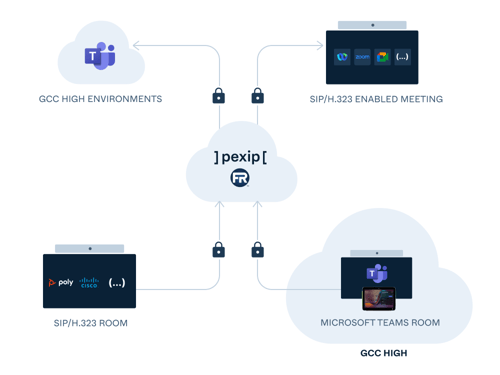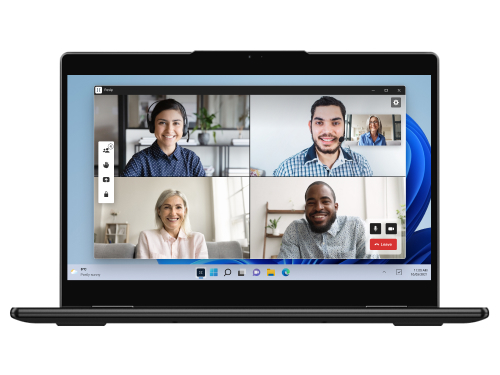Topics:
- Financial services
- Enterprise
- Retail
- Digital transformation


Welcome to Pexip's leading in a changed world video series, where we talk with business leaders and experts to:
Pexip interviewed renowned Swedish economist and author Kjell Nordström. His latest book, "Corona Express: An Essay on Time Travel" explores how society has changed as a result of the pandemic.
In this interview, Kjell Nordström will touch upon following topics:
Next, we chatted with Brian Ferreira, vice president and managing executive partner at Gartner. Brian is a global expert in business and technology trends and executive leadership.
In this interview, Brian Ferreira talks about:
As part of our series, Pexip spoke to Dr. Jana Matthews, ANZ Chair in Business Growth and Director of the Australian Centre for Business Growth.
Dr. Matthews is a global authority on entrepreneurial leadership and business growth and has helped businesses thrive through major or devastating events.
This Interview covers the following topics:
In this episode, we talk to the leadership mentor, coach, and keynote speaker, Dr. Louise Mahler.
Dr. Mahler discusses the importance of body language and how we use our voice when we’re connecting via video:
As the post-pandemic dust settles, new economic challenges arise, keeping business leaders on their toes.
We hope that the views provided by the selection of experts in our 'Leading in a changed world' series can be applied to new challenges in an ever-changing business landscape.



Subscribe to our newsletter to get relevant industry news, reports, and other innovation.